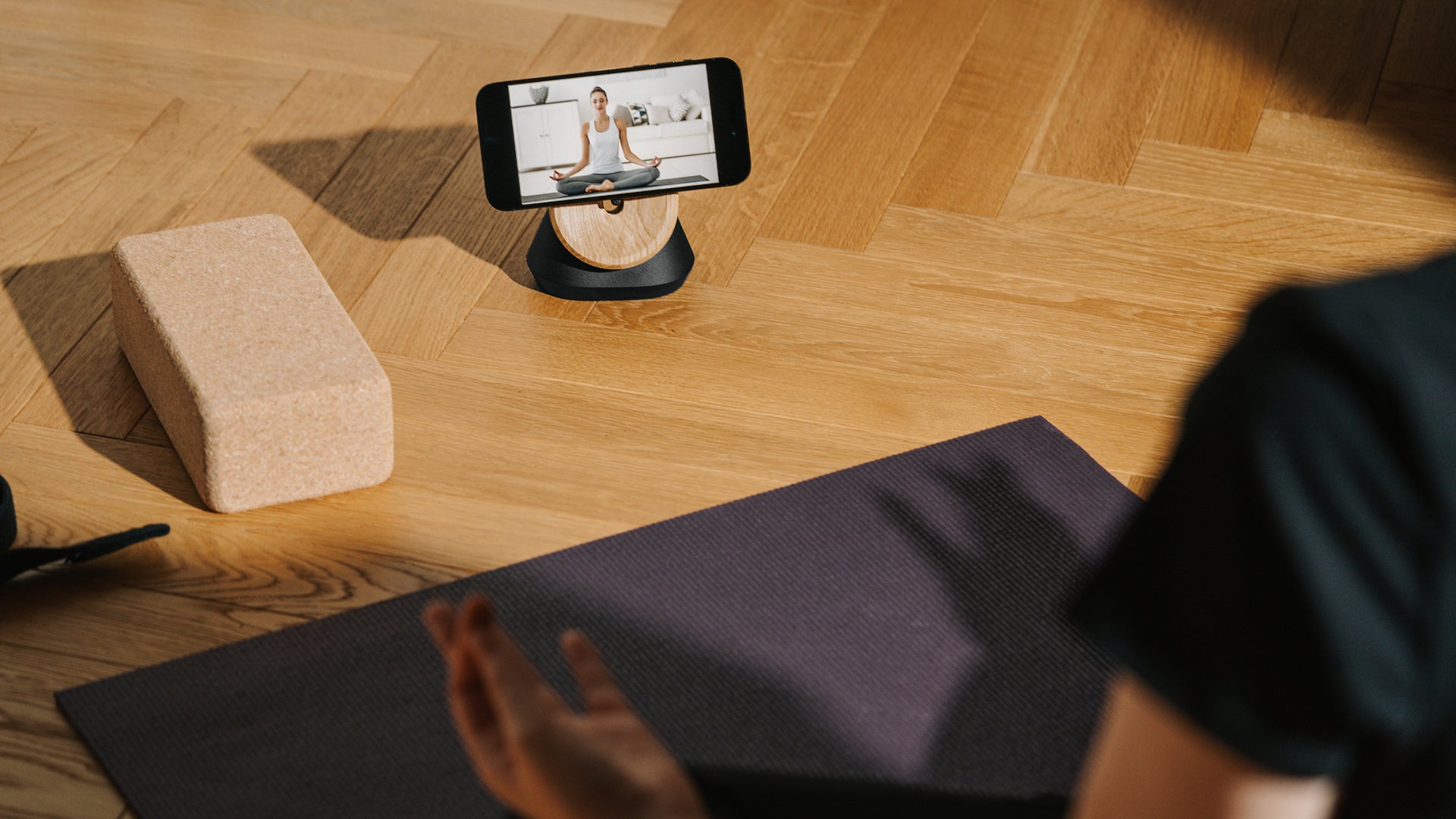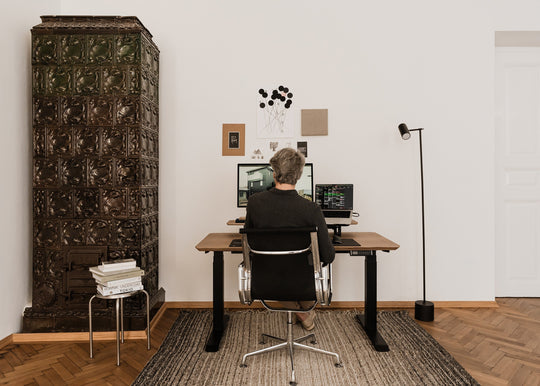
Exercise for the psyche: how does physical activity affect mental fitness?
Movement is medicine - doctors, scientists, and physiotherapists have been saying this mantra for years. Fitfluencers and personal trainers seem to be popping out of the refrigerator, dying to teach us how to get rid of the widow's hump or strengthen our calves. It seems the so-called physical culture is doing pretty well - at least in theory. But what is it like in practice? The results might vary. Meanwhile, this subject should be taken seriously, not only for the sake of fitness and toned physique, but also for our mental health.

Improved concentration and memory
It is utterly unnecessary to convince anyone that regular physical activity helps reduce the risk of many chronic diseases, as well as premature death. In order to get into the mood to move, first meditate on the famous Latin maxim: mens sana in corpore sano - meaning ‘a healthy mind in a healthy body’. Exercise is not only about sculpting your figure, taking care of proper posture, and overall fitness, it is also about taking care of your mental health and fitness of the mind.
The ancient world was well aware of this - research conducted over the past decades has confirmed movement’s positive effect on concentration, memory, cognitive function, language abilities, problem-solving, and decision-making. In addition, regular exercise helps increase the concentration of a brain-derived neurotrophic factor, which lowers the risk of Alzheimer's disease by minimizing beta-amyloid’s toxic effects.
Lifted mood and higher self-esteem
A high-functioning mind is not the only benefit of regular physical activity. Sports also have a proven positive effect on our self-esteem, confidence, mood, and overall life satisfaction. When we regularly exercise, run or even walk, tension and stress are significantly reduced, sensitivity to pain decreases, susceptibility to frustration or anxiety weakens, and a sense of control over our life increases. Even moderate exercise is excellent for improving both the quality and quantity of sleep, translating into better health, well-being, and higher energy levels.

Protection against anxiety and depression
Aerobics, jogging, swimming, cycling, walking, or dancing - these activities help both prevent and combat depression and anxiety. Yoga proves to be particularly supportive, with researchers finding therapeutic benefits such as stimulation of the limbic system (responsible for regulating emotions and memory) and reduction of sympathetic nervous system tension.
How long and how often should you exercise?
Any amount of physical activity is better than none. That's why even 5 minutes of exercise a day, done on your lunch break, can make a difference. However, if you want more pronounced benefits, allocate at least 150 minutes a week for moderate-intensity exercise or 75 minutes for more intense exercise - the minimum recommended by specialists.

What exercises are best for the mind?
Find an activity that gives you genuine joy and pleasure - this way you have a much greater chance for an active lifestyle to become a permanent element of your daily routine.
Take advantage of the free moments during the day and stretch, do a few squats or burpees, and dance for 3 minutes while the coffee brews. If you work remotely, our Pro adjustable desk is the perfect way to remember to exercise while on the job - simply link it to an app that reminds you to change to a standing position. While you're standing at your desk, you can do some simple exercises. Instead of standing still, use a balance board or a walking pad when responding to emails and preparing for the next meeting.
Also, don't forget to go outside. Studies have shown that people feel a higher level of enthusiasm, vitality and pleasure, as well as a greater desire to exercise after outdoor activity. So, consider taking a walk in the woods at least once or twice a week (we wish to remind you of the invaluable benefits of forest baths!) or go for a brisk jog in the park. Even if you're too far away from any park or forest - take a walk around the block or, weather permitting, do some stretching in your own garden.








